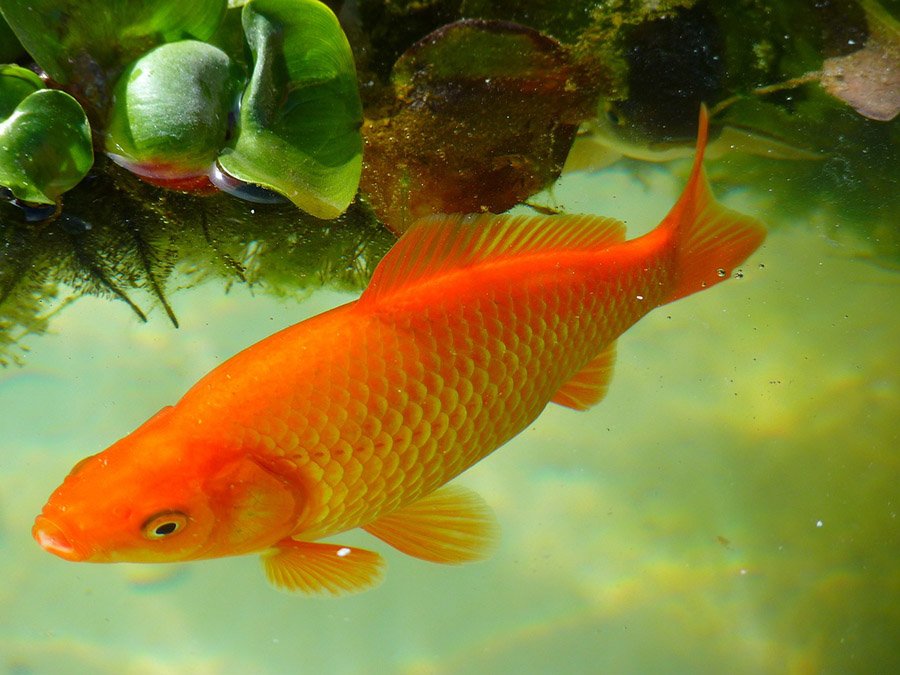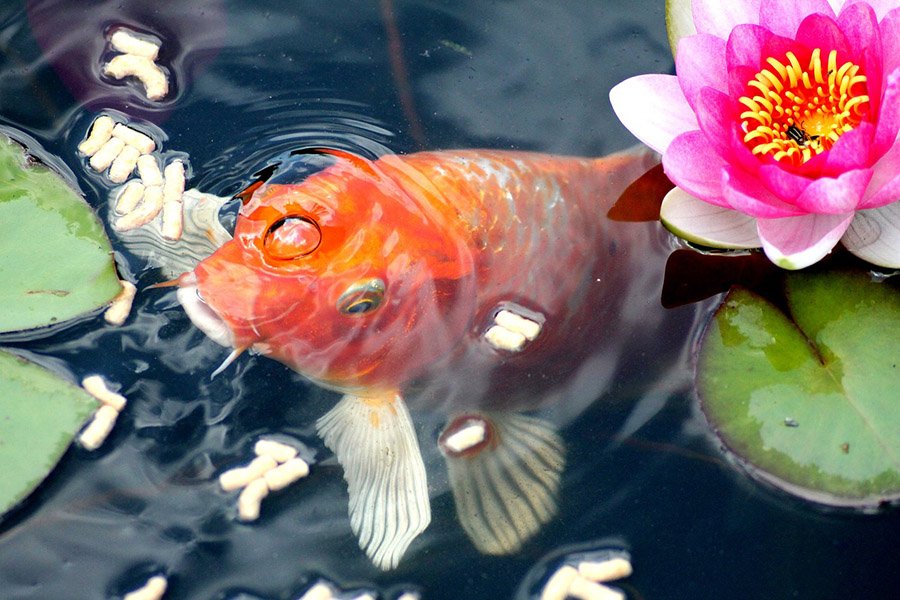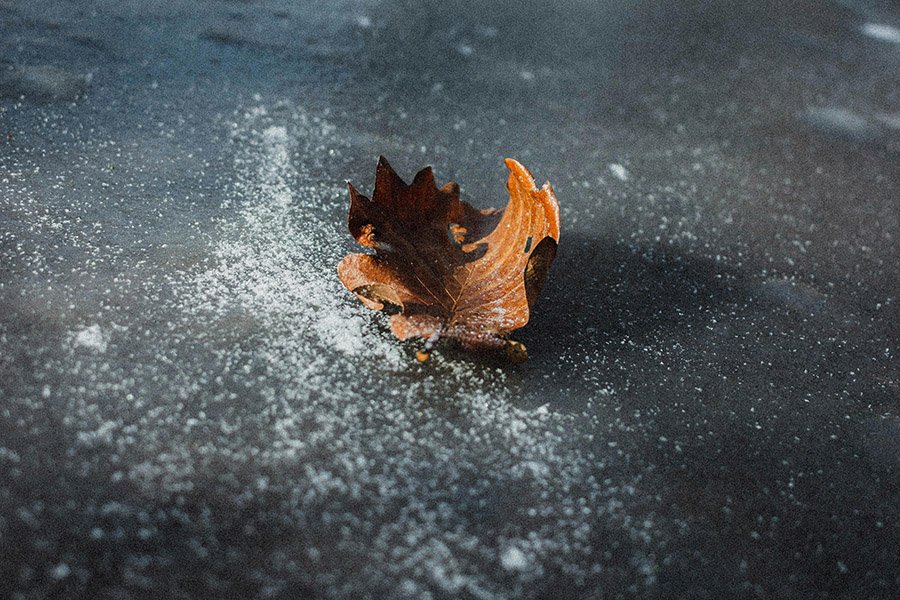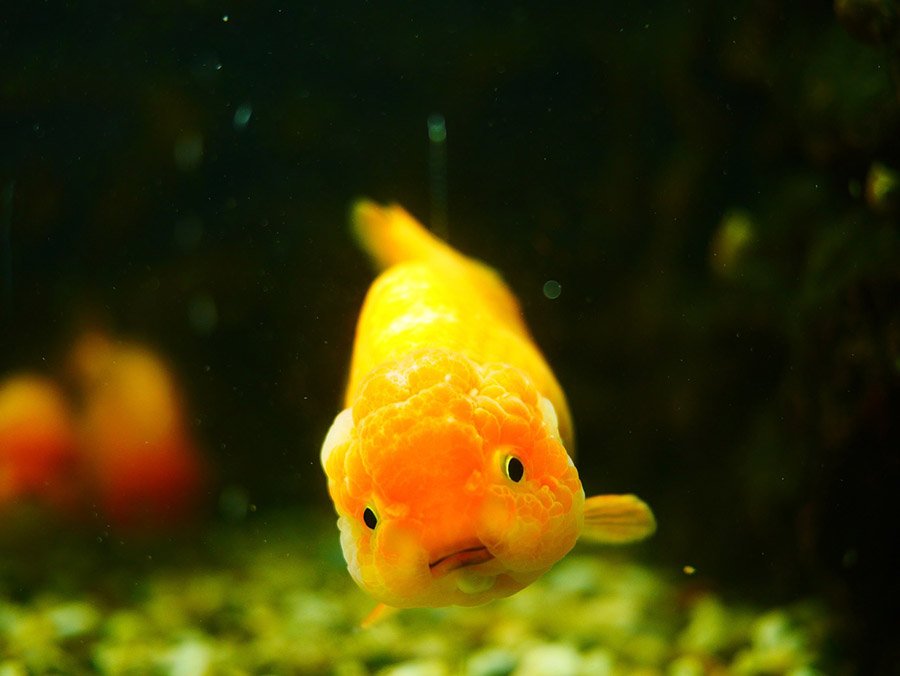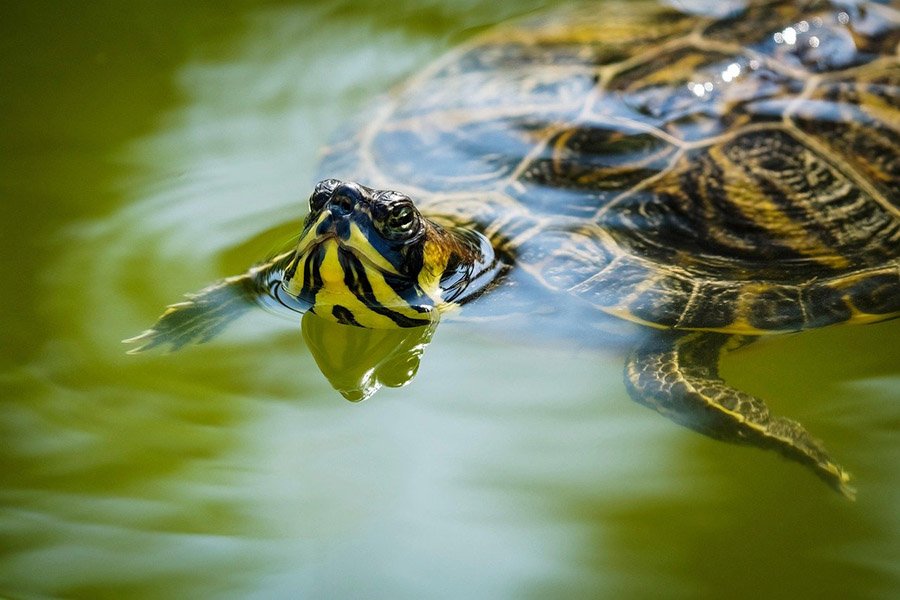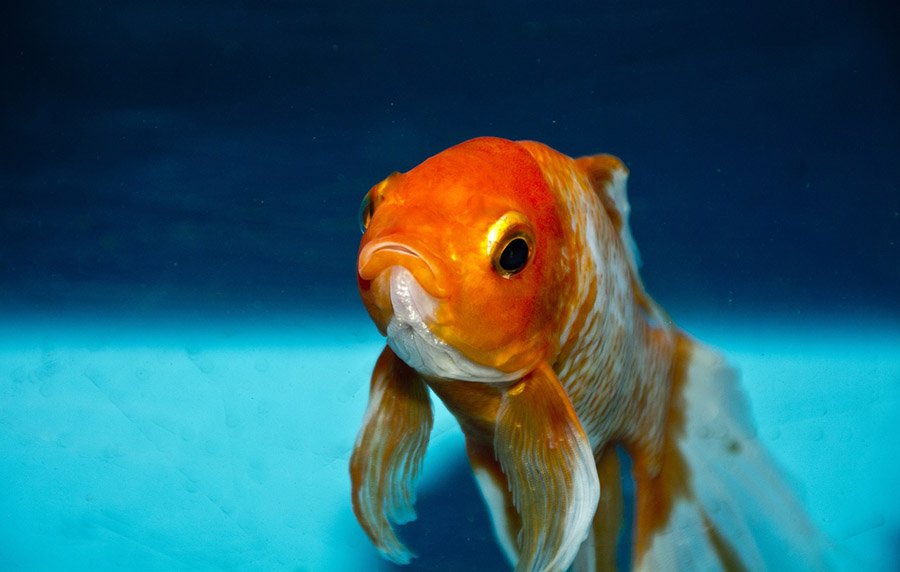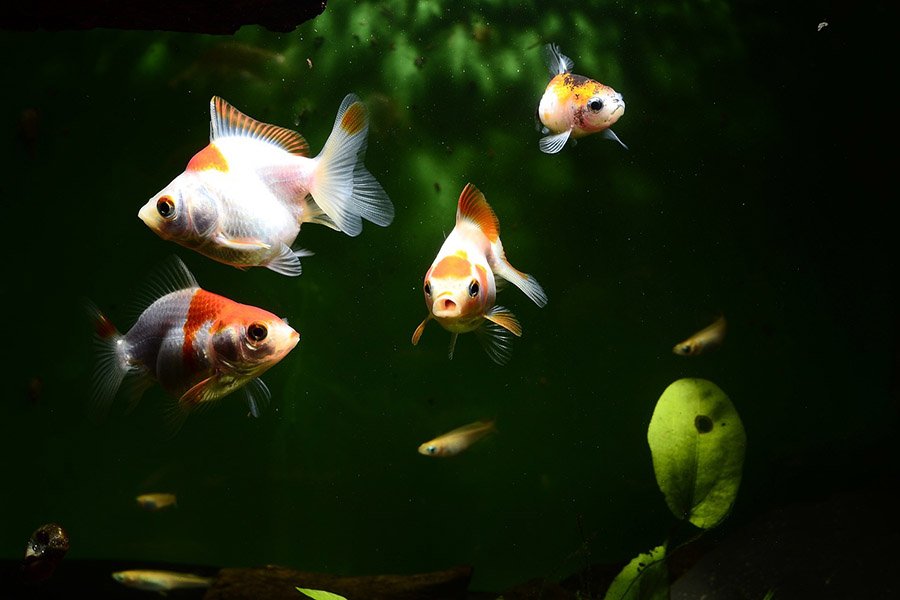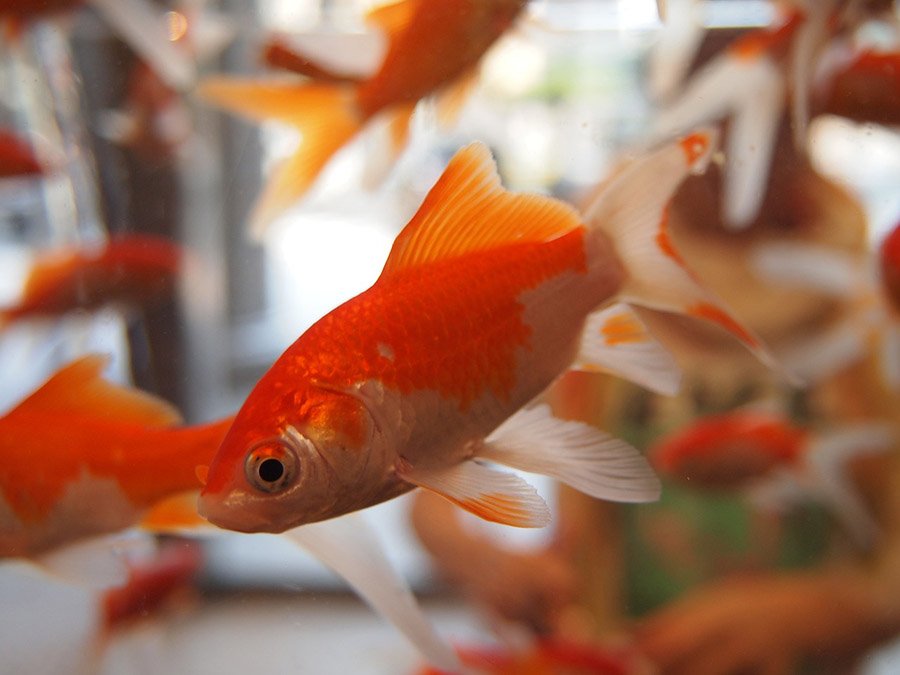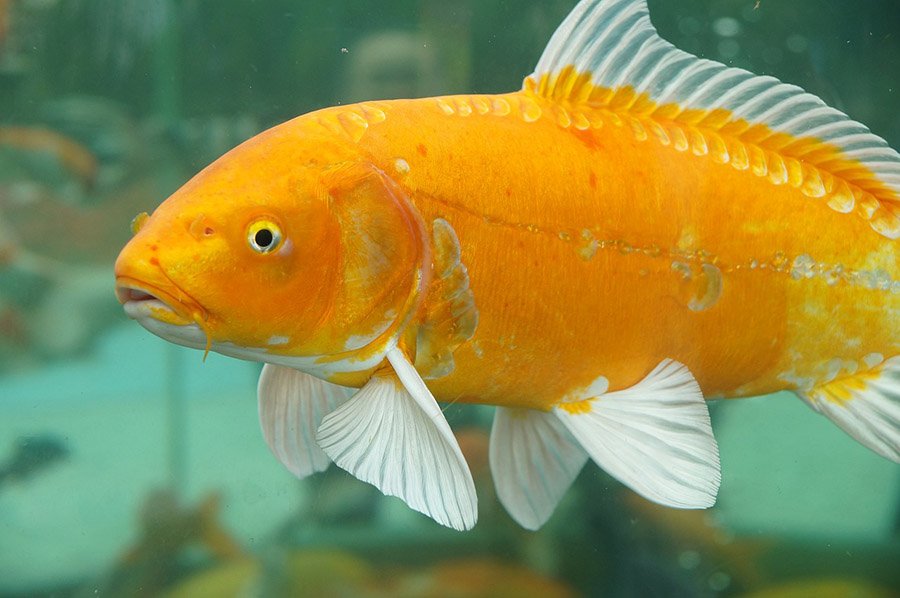Goldfish are not just an eye-catching addition to your home; they are also beloved companions with unique personalities and fascinating behaviors. As a responsible goldfish owner, you may find yourself wondering, “How long do goldfish live?”
Understanding the factors that influence their lifespan can help you create an environment in which your goldfish can thrive for many years. In this article, we’ll delve into everything you need to know to maximize the longevity of your goldfish pals.
Understanding Goldfish Lifespan Expectations
Goldfish are often mistakenly thought of as short-lived pets, but under the right conditions, they can live surprisingly long lives. In the wild, goldfish can live for up to 20 years, and some have even been reported to live beyond 40 years! However, the average lifespan of a pet goldfish is typically between 10 to 15 years when they are provided with proper care.
It’s important to note that the lifespan of goldfish can vary significantly depending on their living conditions. The environment you provide, including tank size, water quality, diet, and overall care, plays a crucial role in determining how long your goldfish will live. Hence, meeting their needs effectively can help your goldfish achieve a long, healthy life.
Moreover, goldfish longevity is often underestimated because of common misconceptions. Many goldfish don’t live up to their potential lifespan due to lack of proper knowledge about their care requirements. By understanding the factors that influence their lifespan, you can ensure your goldfish live happily and healthily for many years.
Factors Influencing Goldfish Longevity
Several factors influence how long goldfish live, starting with the quality of their environment. Proper tank size is essential; goldfish need ample space to swim and grow. Overcrowded tanks can lead to stress and an increased risk of disease, reducing their lifespan. A general rule of thumb is to provide at least 20 gallons of water per goldfish.
Water quality is another critical factor. Goldfish produce a significant amount of waste, which can quickly lead to toxic conditions if not properly managed. Regular water changes, effective filtration, and monitoring for harmful substances like ammonia and nitrites are essential to maintain a healthy environment. Poor water quality can lead to stress, disease, and ultimately, a shorter lifespan.
Diet also plays a vital role in goldfish longevity. A balanced diet that includes high-quality goldfish pellets, fresh vegetables, and occasional protein sources can keep your goldfish healthy and vibrant. Avoid overfeeding, as excess food can pollute the water and cause health issues such as swim bladder disorder. Understanding these factors can help you create an environment where your goldfish can live a long and healthy life.
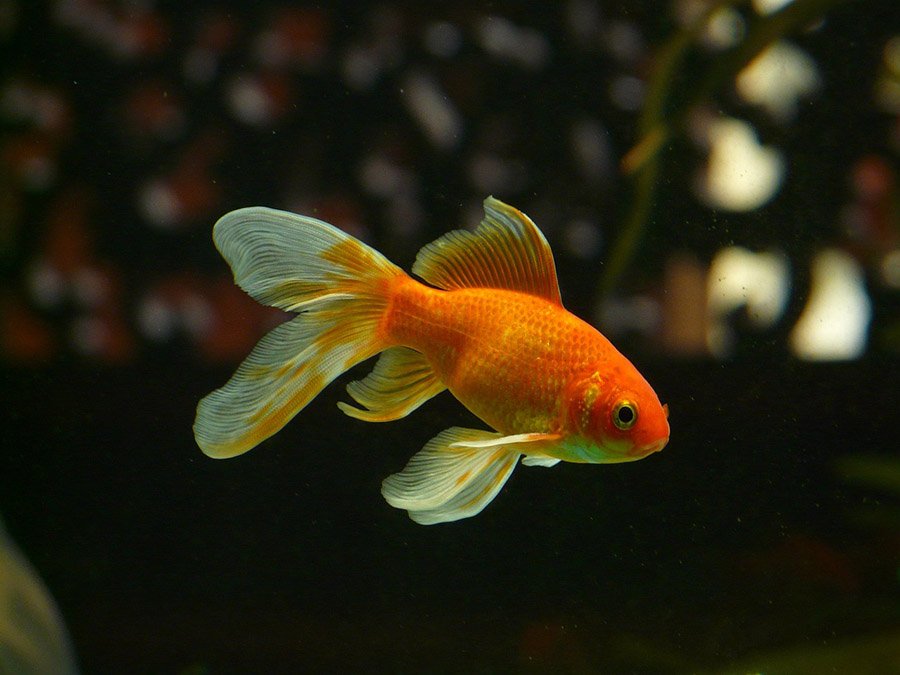
Common Goldfish Varieties and Their Lifespans
There are many varieties of goldfish, each with unique characteristics and lifespan expectations. Common goldfish, also known as feeder goldfish, are one of the hardiest and can live up to 20 years or more with proper care. Their simpler body shape and single tail fin make them less prone to genetic health issues, contributing to their longevity.
Fancy goldfish, with their distinctive body shapes and flowing fins, have slightly different lifespan expectations. Varieties such as Orandas, Ryukins, and Fantails typically live between 10 to 15 years. While they are stunning to look at, their elaborate features can make them more susceptible to health problems, which can affect their lifespan if not properly managed.
Other specialty goldfish varieties, like the Bubble Eye and the Celestial Eye, may have even shorter lifespans, generally around 10 years. These goldfish require more specialized care due to their unique features, such as delicate eye bubbles or upward-pointing eyes, which can make them more prone to injuries and health issues. Understanding the specific needs of your goldfish variety can help you provide the best care and maximize their lifespan.
Proper Tank Setup for a Long-Lived Goldfish
Setting up the ideal tank for your goldfish is the first step towards ensuring a long and healthy life. Start with a spacious tank; a minimum of 20 gallons for the first goldfish and an additional 10 gallons for each subsequent fish is recommended. This space allows them to swim freely and reduces stress caused by overcrowding.
Invest in a high-quality filtration system. Goldfish are notorious for producing a lot of waste, which can quickly lead to poor water quality. A good filter helps to keep the water clean and reduces the need for constant water changes. Be sure to choose a filter that can handle at least twice the volume of your tank to ensure efficient waste management.
Decorate the tank with goldfish-friendly items. Smooth, rounded decorations, live or artificial plants, and plenty of open swimming space are ideal. Avoid sharp or rough objects that could harm your goldfish. Also, provide hiding spots to create a sense of security. With the right setup, your goldfish will have a safe, comfortable, and stimulating environment that promotes longevity.
Ideal Diet to Boost Your Goldfish’s Lifespan
A balanced diet is crucial for the health and longevity of your goldfish. High-quality goldfish pellets or flakes should form the basis of their diet. These foods are specially formulated to meet the nutritional needs of goldfish and are easily digestible, reducing the risk of digestive problems.
Supplement their diet with fresh vegetables such as peas, lettuce, and spinach. These add essential nutrients and fiber to their diet, promoting healthy digestion. Peas, in particular, are excellent for preventing swim bladder issues, a common ailment in goldfish. Blanch the vegetables to make them easier for your goldfish to consume.
Occasionally, you can offer protein-rich treats like bloodworms, brine shrimp, or daphnia. These should be given sparingly, about once a week, to avoid overloading their diet with protein. Always remove any uneaten food after feeding to maintain water quality. A diverse and balanced diet will keep your goldfish healthy and vigorous, contributing to a longer lifespan.
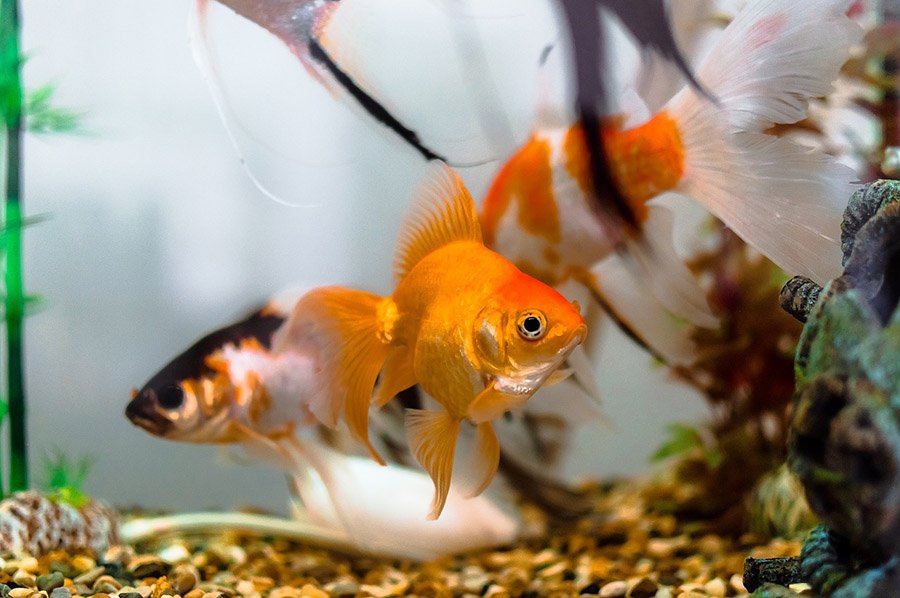
Regular Health Check-Ups for Your Goldfish
Regular health check-ups are essential for catching any potential issues early and ensuring your goldfish stay healthy. Observe your goldfish daily for any changes in behavior, appearance, or appetite. Lethargy, loss of appetite, clamped fins, or unusual spots and scales can be signs of health problems.
Perform routine water tests to monitor the quality of your tank’s water. Check for parameters like pH, ammonia, nitrite, and nitrate levels regularly. Poor water quality is a leading cause of health issues in goldfish, so maintaining optimal conditions is crucial. Investing in a good water testing kit can help you keep the water parameters within the safe range.
Schedule regular cleanings of the tank and equipment. Partial water changes, about 20-30% weekly, help keep the tank clean and reduce the buildup of harmful substances. Clean the filter according to the manufacturer’s instructions to ensure it operates efficiently. Regular maintenance and observations can help you catch any issues early and address them promptly, keeping your goldfish healthy and extending their lifespan.
The Role of Water Quality in Goldfish Lifespan
Water quality is arguably the most critical factor in determining the lifespan of your goldfish. Goldfish are particularly sensitive to poor water conditions, which can lead to stress, disease, and premature death. To maintain optimal water quality, regular water changes are essential. Aim to change 20-30% of the tank water each week to remove waste and replenish essential minerals.
Filtration plays a vital role in maintaining water quality. A good filtration system not only removes physical debris but also helps to break down harmful chemicals like ammonia and nitrites through biological filtration. Ensure your filter is appropriately sized for your tank and clean or replace the filter media as recommended by the manufacturer.
Regular testing of water parameters is crucial to ensure a healthy environment. Use a reliable water testing kit to monitor levels of ammonia, nitrites, nitrates, and pH. Keeping these parameters within the safe range will reduce stress on your goldfish and promote a longer, healthier life. Remember, clean and stable water conditions are the foundation of a long-lived goldfish.
Recognizing Signs of Aging in Goldfish
As goldfish age, they may show subtle changes in behavior and appearance. One of the most noticeable signs of aging is a slowdown in activity. Older goldfish tend to swim less vigorously and may rest more often. This change in behavior is normal, but it’s important to ensure it isn’t due to an underlying health issue.
Physical changes can also indicate aging. Older goldfish may develop a hump on their back, their colors might fade, and their scales may appear less vibrant. These changes are typically harmless and part of the natural aging process. However, keep an eye out for any signs of disease, such as white spots, redness, or bloating, which require immediate attention.
Appetite changes can occur as your goldfish age. They might eat less or show less interest in food. Ensure they are still getting the nutrition they need by offering easily digestible foods and considering more frequent, smaller meals. Being aware of these signs of aging will help you provide the best care for your senior goldfish, ensuring their golden years are as comfortable as possible.
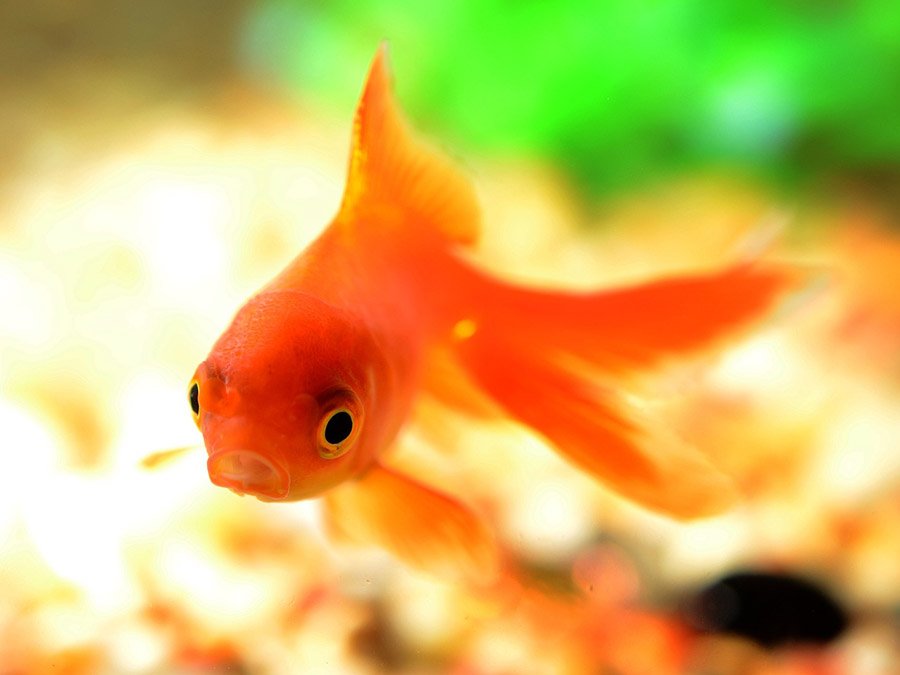
Myths and Facts About Goldfish Lifespan
There are many myths surrounding the lifespan of goldfish, one of the most common being that goldfish only live for a few years. This myth persists because many goldfish are kept in inadequate conditions, such as small bowls, which drastically shorten their lives. In reality, with proper care, goldfish can live for decades.
Another common myth is that goldfish grow to fit the size of their tank. While it’s true that a cramped environment can stifle a goldfish’s growth, this is not healthy and can lead to numerous health issues. Goldfish have the potential to grow quite large, often reaching over a foot in length, and they need a spacious environment to thrive.
There is also a misconception that goldfish are low-maintenance pets. While they might be less demanding than some other pets, they still require significant care, including a proper tank setup, regular maintenance, and a balanced diet. Understanding these facts and debunking the myths can help you provide the optimal care needed for a long and healthy goldfish life.
Tips for a Happy, Long-Lived Goldfish
Providing a spacious, well-maintained tank is one of the best ways to ensure your goldfish live a long, happy life. Always choose a large enough tank to accommodate their potential size and provide plenty of swimming space. Regular cleaning and maintenance are vital to keep the water quality in top condition, which is essential for their health.
A balanced, varied diet is crucial. High-quality goldfish pellets should be the staple, supplemented with fresh vegetables and occasional protein treats. Avoid overfeeding, as this can lead to water quality issues and health problems. Regularly observe your goldfish during feeding to ensure they are eating well and not showing signs of illness.
Lastly, create a stimulating environment with decorations, plants, and hiding spots. Goldfish are curious and intelligent creatures that enjoy exploring their surroundings. Providing a rich environment will keep them mentally stimulated and reduce stress, contributing to their overall well-being and longevity. With these tips, your goldfish can lead a happy, fulfilling life.
Caring for goldfish can be incredibly rewarding, especially when you see them thrive and live out their full lifespan. By understanding their needs and providing a suitable environment, balanced diet, and regular health checks, you can ensure your goldfish enjoy a long, healthy life. Remember, each goldfish is unique and requires attention and care to flourish. With the right knowledge and dedication, your goldfish pals can be happy companions for many years to come.

